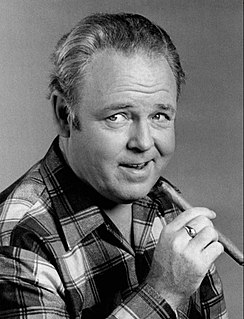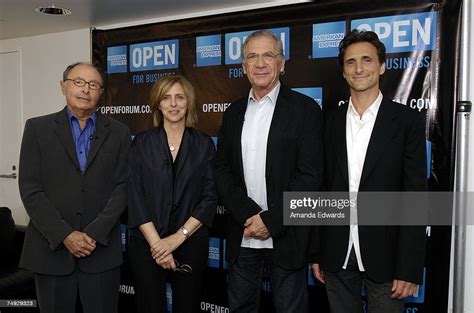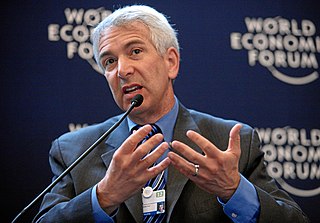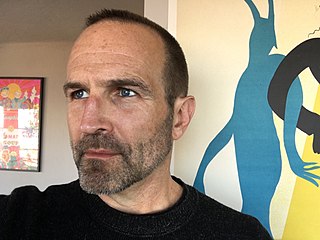A Quote by Carroll O'Connor
In a capitalist society, persons who create capital, like Michael Eisner, are given the staggering rewards.
Quote Topics
Related Quotes
The idea that the profits of capital are really the rewards of a just society for the foresight and thrift of those who sacrificed the immediate pleasures of spending in order that society might have productive capital, had a certain validity in the early days of capitalism, when productive enterprise was frequently initiated through capital saved out of modest incomes.
If, for example, each of us had the same share of capital in the national total capital, then if the share of capital goes up it's not a problem, because you get as much as I do. The problem is that capital in capitalist countries is very heavily concentrated, especially financial capital. So then if the share of income from that source goes up, that actually exacerbates inequality.
The path the capitalist revolution will take faces in exactly the opposite direction from that taken by the communist revolution. It seeks to diffuse the private ownership of capital instead of abolishing it entirely. It seeks to make all men capitalists instead of preventing anyone from being a capitalist by making the State the only capitalist.
The key problem is to find out why that sector of society of the past, which I would not hesitate to call capitalist, should have lived as if in a bell jar, cut off from the rest; why was it not able to expand and conquer the whole of society?... [Why was it that] a significant rate of capital formation was possible only in certain sectors and not in the whole market economy of the time?
Eisner mentioned he was uncomfortable calling Kirby someone with heavy artistic intent. I paraphrase, but Eisner felt Jack was mostly
concerned with hitting his page count, telling good stories, and
keeping his family fed. Not pursuing some aesthetic ideal - to seek
that motive in Kirby's work was, he suggested, misguided. I happened to be holding the original artwork to the Devil Dinosaur #4 double-splash, which I turned around and showed Eisner - who took a moment, and said something uncharacteristic: “Okay, I might be wrong.




































